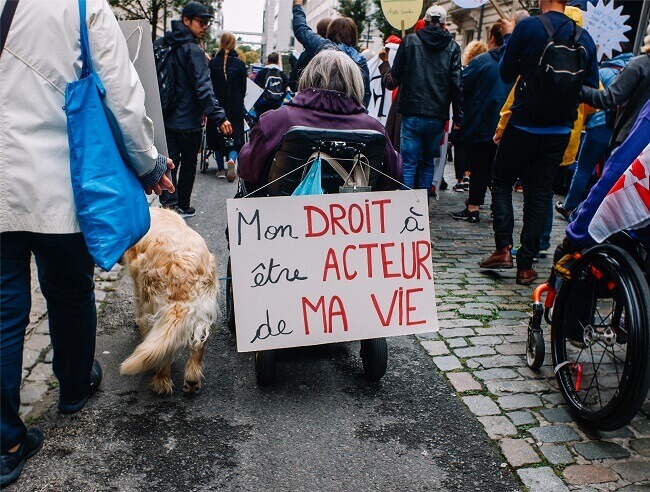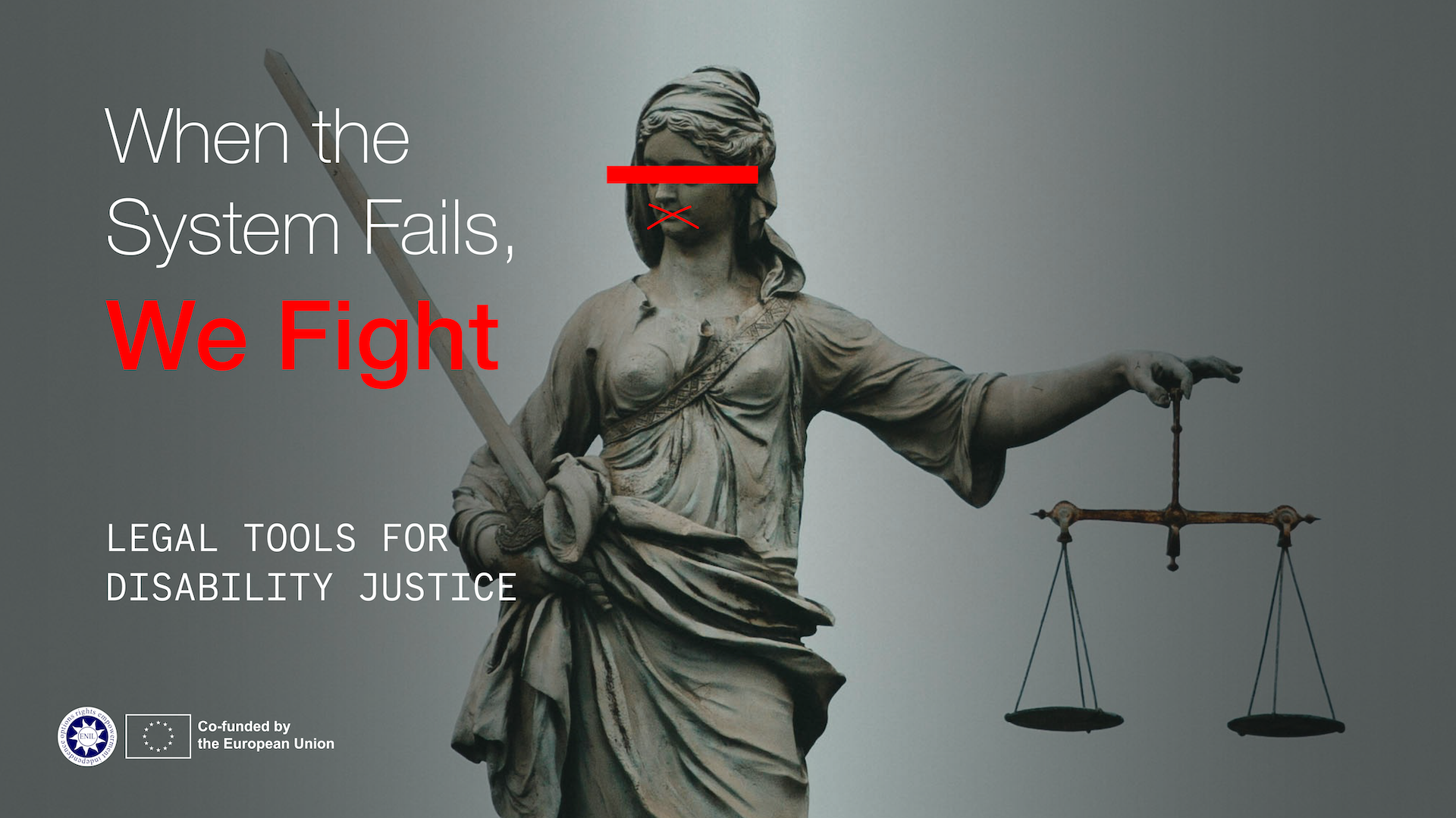Freedom of Movement refers to the right of individuals to move freely from place to place, either within the territory of a country or to leave a country and return to it. It involves a series of policies and services that should be implemented in order to make sure that the right is protected.
Freedom of Movement is one of the cornerstones of the EU, giving EU citizens and their family members the right to travel, live and work in any EU Member State of their choice. In 2017, 57 % of Europeans considered the free movement of people, goods and services within the EU the most positive achievement of the European Union. Several million people now live in a Member State other than their own. Students and pensioners are moving in great numbers, too.
The founding treaties (in particular Article 20 TFEU), the EU Charter of Fundamental Rights and secondary EU law all recognize Freedom of Movement as a basic right for EU citizens, making it one of the four fundamental freedoms put down in title IV TFEU (FREE MOVEMENT OF PERSONS, SERVICES AND CAPITAL). On UN level, the Article 13 of the UN Universal Declaration of Human Rights (UDHR), proclaimed by the United Nations General Assembly in Paris on 10 December 1948, recognizes the right of a person to “leave any country, including his own, and to return to his country”, and the Article 12 of the UN International Covenant on Civil and Political Rights (OHCHR), adopted by the General Assembly of the UN on 19 December 1966, recognizes the right to freedom of movement, freedom of choose of residence.
Due to the difference between “social security benefits” and “social assistance” in EU Law, it is often unclear for disabled people who want to live in a different member State where a specific benefit falls under (and according to different national laws). This makes it difficult for mobile EU citizens to access social services in their host country, and as such prevents disabled Europeans from fully exercising their right to Freedom of Movement. Moreover, the uncertainty of whether or not there will be support available in another member State at all, irrespective of whether it will be considered social security or social assistance, prevents disabled people from moving freely between different States. This uncertainty amplifies the usual (administrative) barriers which all mobile people face, and as such puts disabled people at a clear disadvantage.
ENIL’s work to promote the freedom of movement
In October 2019 ENIL launched a briefing paper on the Freedom of Movement, regarding disabled people in the European Union (EU). The paper discusses the concepts and the legal basis for the right of free movement in the EU, and looks at existing initiatives linked to the freedom of movement, such as the European Health insurance Card or the Schengen Agreements. In addition to that, it explores more the topic through the use of testimonies from disabled people, which illustrate both the barriers and opportunities to move freely within the EU. The paper concludes with four key recommendations to improve access to the right of free movement for (disabled) people in the EU. You can download the Freedom of Movement paper (October 2019) here.
Apart from that, over the years, ENIL has carried out activities (individual or collective) related to the right of the Freedom of Movement. One such activity was the 2011 “Freedom of Movement Campaign”, which sought to remove the barriers that disabled people in Europe faced so that they can fully enjoy and benefit from free movement as European citizens. The Campaign launched the “Freedom Guide” (2011), a publication which combined information from persons in the disability movement, experts from NGOs and academics in relation to how Europe should be accessible and the way in which to do this. It was at the time when the European Commission was working on the Accessibility Act, and as such it aimed at becoming a resource of information for the European Union to create an effective Accessibility Act. You can download the Freedom Guide (2011) here.
ENIL is prepared to highlight or advocate on behalf of disabled people whose Freedom of Movement was denied or restricted. If you have a personal experience you would like to share with us, please contact us at secretariat@enil.eu.



